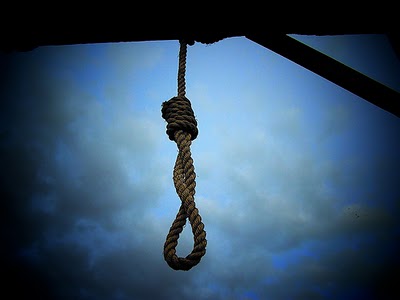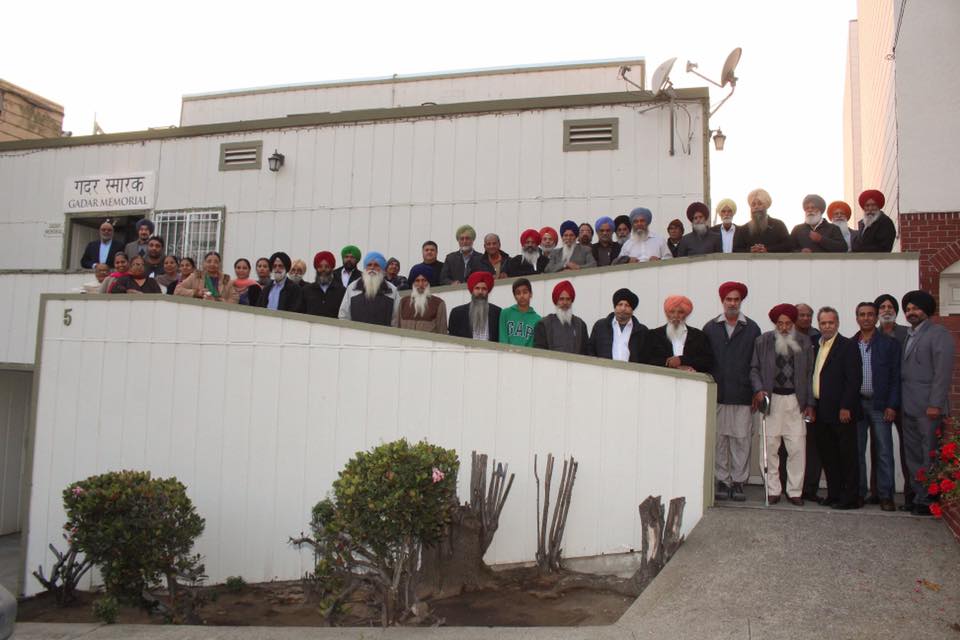On Friday and Saturday, I celebrated International Women’s Day locally in Madera California with the American Association of University Women (AAUW), where I was kindly invited to introduce my poem, “Dhean,” or “Daughters.” Both events were organized by the American Association of University Women (AAUW), which has been empowering women since 1881! It was a matter of great privilege for me to have been invited for both these occasions. The Galloway Hall at the Madera Public library and the conference room at the Methodist church were filled by women and children of all ages. There were 17 other speakers, along with some wonderful children’s dance groups.
I was the only male speaker present and it was humbling to hear the very personal stories other speakers shared. Ileana Herera shared her story of suffering domestic violence and overcoming it. She was married and pregnant at 18. She endured beatings during her pregnancy by her husband, and is now a survivor, bravely sharing her experience to educate and give hope to victims of domestic violence. Offering her advice she said,” if you don’t do anything, your hope is false. You can’t rely on someone changing their ways. You must act.”
There are many areas that need improvement, but there is also much to celebrate of the progress made in women’s rights. But it was not always like this. Women’s rights groups have been pivotal in the strides made, and should be commended for this.
In Western countries, when we think of inequality of human rights, gender based violence or the most horrific acts of violence against women around the world, such as acid attacks, female genital mutilation, sex slavery, child marriage, honor killings, feticide, to name a few, we tend to assume these are things that only happen in “Third World” countries, far away from us, or places that don’t have democratic governments or are ruled by religious zealots. But the reality is that it happens everywhere, including right here in the United States. Hillary Clinton, the U.S. Former Secretary of State called gender-based violence “an issue of international human rights and national security.”
 Guru Nanak, founder of the Sikh religion understood it as no easy task to change people’s age old mindset. He declared it in no uncertain terms 500 years ago in the poetic verse from the Guru Granth Sahib – the Sikh Holy Scripture, on page 473: “ਭੰਡਿ ਜੰਮੀਐ ਭੰਡਿ ਨਿੰਮੀਐ ਭੰਡਿ ਮੰਗਣ ਵੀਅਹੁ ॥ ਭੰਡਹੁ ਹੋਵੈ ਦੋਸਤੀ ਭੰਡਹੁ ਚਲੈ ਰਾਹੁ ॥ ਭੰਡੁ ਮੁਆ ਭੰਡੁ ਭਾਲੀਐ ਭੰਡਿ ਹੋਵੈ ਬੰਧਾਨ ॥ ਸੋ ਕਿਉਂ ਮੰਦਾ ਆਖੀਐ ਜਿਤੁ ਜੰਮਹਿ ਰਾਜਾਨ ॥
Guru Nanak, founder of the Sikh religion understood it as no easy task to change people’s age old mindset. He declared it in no uncertain terms 500 years ago in the poetic verse from the Guru Granth Sahib – the Sikh Holy Scripture, on page 473: “ਭੰਡਿ ਜੰਮੀਐ ਭੰਡਿ ਨਿੰਮੀਐ ਭੰਡਿ ਮੰਗਣ ਵੀਅਹੁ ॥ ਭੰਡਹੁ ਹੋਵੈ ਦੋਸਤੀ ਭੰਡਹੁ ਚਲੈ ਰਾਹੁ ॥ ਭੰਡੁ ਮੁਆ ਭੰਡੁ ਭਾਲੀਐ ਭੰਡਿ ਹੋਵੈ ਬੰਧਾਨ ॥ ਸੋ ਕਿਉਂ ਮੰਦਾ ਆਖੀਐ ਜਿਤੁ ਜੰਮਹਿ ਰਾਜਾਨ ॥
This roughly translates in English to: “She is the one to whom we are born. In her womb develops life. She is the one who makes friendships, becomes a lover, a wife and a partner in procreation and it is through her we make relations with others. It is from the woman the creation goes round. If someone loses his wife he looks for another one. After all she is the one who gave birth to the bravest of the brave and king of kings. So don’t say she is a lesser person than a man.”
When I first wrote my poem, I imagined a very small number of people would be interested in it, not just because it was written in Punjabi, but because the subject matter is one that is not often addressed: daughters. My son, Navdeep, convinced me to write an English translation, and soon after that we created a moving image slideshow set to my voice, which we uploaded to youtube. It was wonderful to be able to share this particular poem with the AAUW.
DHEAN: DAUGHTERS
I wrote this poem as a father, brother, husband and as a grandfather. Although I completed the poem recently when the news of feticide and dowry related violence started to get worse in India, I had been thinking about it for some time. I had first listened to the famous singer Noor Jahan’s rendition of a Punjabi song a while ago.
Here is the original video by Noor Jehan:
Starting with the lyrics, “Eh Puttar Hattan te Nahi Wikde, Aven na Takkran Mar Kure” roughly translated in English, meaning: “our sons cannot be bought in the market place, they are a gift from god.” How so very much I loved the tune and the very melodious voice of Noor Jehan, the lopsided message of what was left unsung in this song always irked me. If sons cannot be bought at the marketplace, what is being implied about daughters? Are they not a gift from god? Are they expendable or replaceable? Praising only sons, I thought the lyrics of this song knowingly or unwittingly further reinforce the age old stereotype.
- Through this poem, I wanted to tell that, daughters are an equally a precious blessing.
- I wanted to draw attention to the frightening statistics of feticide as well as to the curse of dowry in India.
- I also wanted to make this poem stand out as a tribute to ‘daughters of the world’ and make it accessible to those who do not speak Punjabi by adding English sub-titles.
- But more importantly, I wanted to slowly make people think and change the age old mindset.
If you like this poem, please share this post with others, and I would love to hear your thoughts in the comments below, or on my Facebook fan page.




Leave a Reply